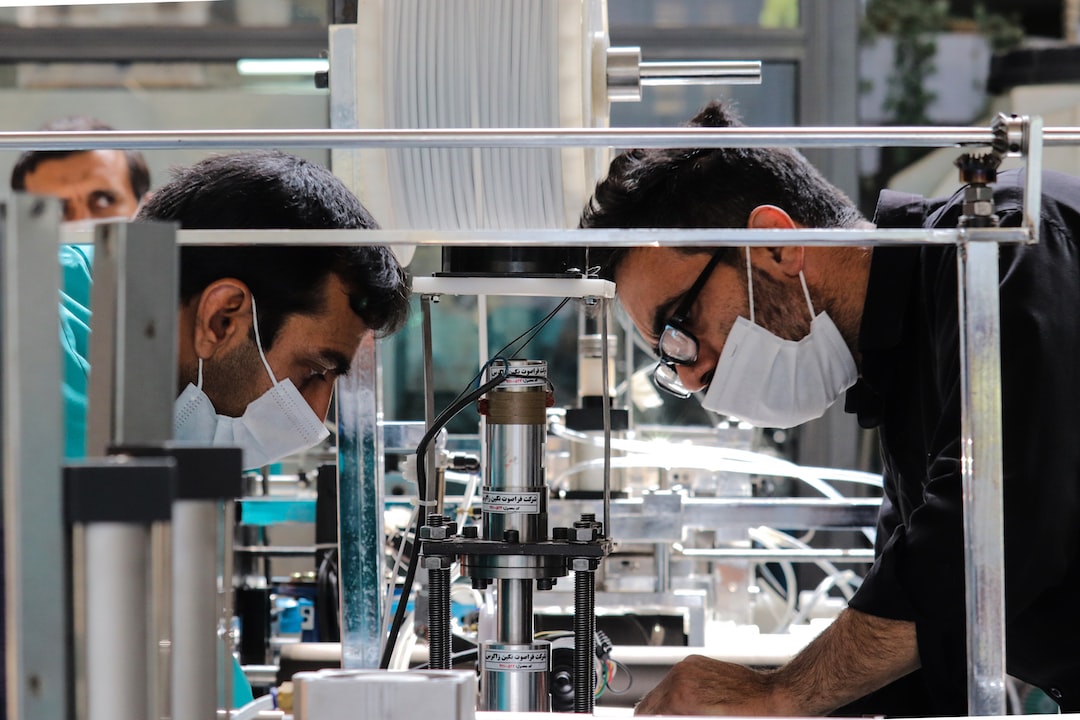Unlocking the Potential of Industrial Internet of Things (IIoT)
In today’s digital era, the Industrial Internet of Things (IIoT) has emerged as a transformative force, revolutionizing the landscape of industries. IIoT refers to the integration of sensors, machines, and other devices with the internet to collect and analyze vast amounts of data for optimized operations and increased productivity. The potential impact of IIoT on industries is immense, and unlocking this potential requires careful consideration and implementation.
One of the key advantages of IIoT lies in its ability to provide real-time data and analytics. Through the deployment of IoT devices in industrial settings, organizations can collect and analyze data from various sources, such as equipment, processes, and supply chains. This data can then be used to identify patterns, detect anomalies, and make informed decisions to optimize operations and improve efficiency.
For instance, in the manufacturing sector, IIoT enables predictive maintenance. By constantly monitoring machines and equipment using sensors, organizations can predict potential failures and perform maintenance before an issue occurs. This not only reduces downtime but also leads to significant cost savings by minimizing the need for emergency repairs or replacing critical components.
Furthermore, IIoT can enhance supply chain management by providing real-time visibility into inventory levels, logistics, and transportation. By connecting devices along the supply chain, organizations can track the movement of goods, optimize routes, and ensure timely delivery. This improves inventory accuracy, reduces wastage, and enhances customer satisfaction.
Another area where IIoT can unlock its potential is in energy efficiency and sustainability. By monitoring energy consumption in real-time and analyzing patterns, organizations can identify energy-saving opportunities and make data-driven decisions to optimize usage. This not only helps reduce operational costs but also contributes to a greener and more sustainable future.
Moreover, IIoT offers immense potential for enhancing worker safety and productivity. By equipping workers with wearable devices, organizations can monitor their health and safety in real-time. For example, sensors can detect hazardous conditions and alert workers to take appropriate measures. Additionally, wearable technologies can provide hands-free access to information and instructions, improving productivity and reducing human errors.
While the potential of IIoT is vast, unlocking it requires addressing certain challenges. One of the primary concerns is data security. As IIoT involves the transmission and storage of sensitive data, organizations must ensure that robust security measures are in place. This includes encryption of data, authentication mechanisms, and regular security audits to mitigate risks of cyber-attacks.
Furthermore, the integration of legacy systems with IIoT can be complex. Many industrial settings still rely on older systems that are not designed to connect with IoT devices. Therefore, organizations must carefully plan and execute the integration process to ensure compatibility and seamless operations.
Additionally, the scalability of IIoT solutions is crucial. As organizations expand their IoT deployments, they must consider scalability to accommodate a growing number of devices and data. This necessitates the use of scalable cloud platforms and robust network infrastructure to handle the increasing data volumes and ensure uninterrupted operations.
In conclusion, the Industrial Internet of Things (IIoT) has the potential to revolutionize industries by providing real-time data, enhancing operational efficiency, and improving decision-making. By leveraging the power of IIoT, organizations can achieve predictive maintenance, optimize supply chains, enhance energy efficiency, and improve worker safety. However, to unlock this potential, organizations must address challenges such as data security, system integration, and scalability. With careful planning and implementation, IIoT can unlock new opportunities and drive innovation in various industries, paving the way for a connected and optimized future.

